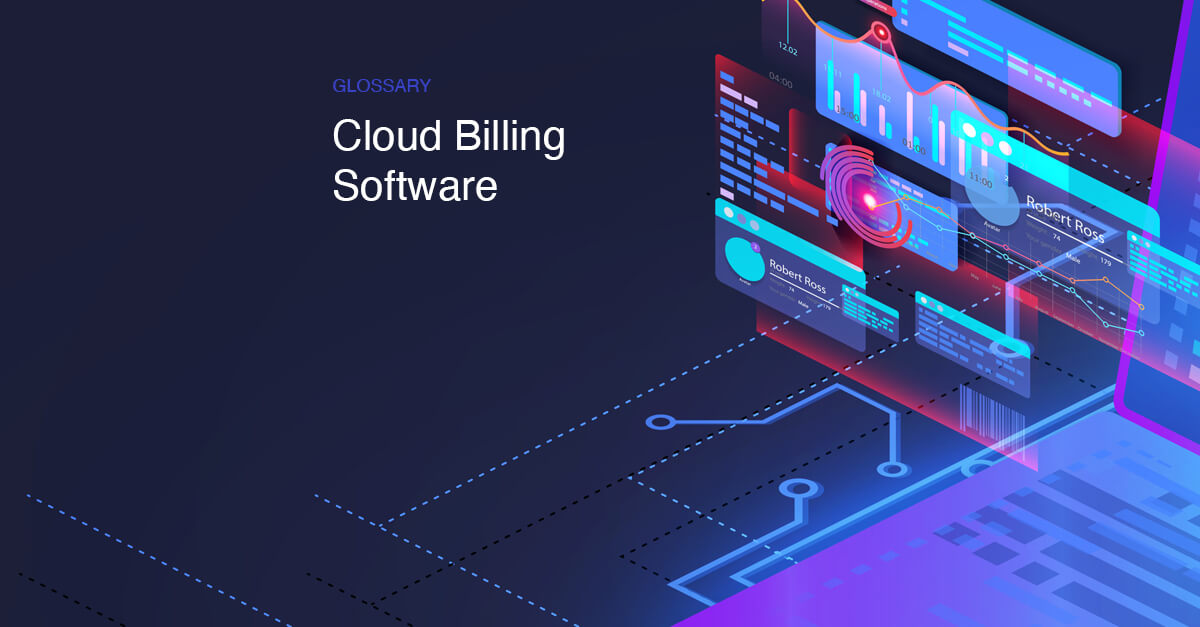The Top Benefits of Cloud-Based Billing Systems
Billing has always been one of the trickiest parts of healthcare. You want to give patients the best care, but then there’s the paperwork, coding, and claims that never seem to end. For many practices, the process feels like an uphill climb. That’s why cloud-based billing systems are becoming such a lifeline.
Think about it: the healthcare industry has embraced electronic health records and telemedicine. So why should billing be executed in the old ways? With the cloud-based solutions, providers can now have faster, safer, and smarter ways to handle their financial processes.
In this article, we’ll look at the biggest benefits of cloud billing and why switching to the cloud is helping physicians and practices stay ahead.
How Cloud-Based Billing Is Taking Over
Traditional billing systems meant bulky servers, IT headaches, and constant updates. These systems worked, but often slowed practices down. They were also expensive to maintain.
Cloud-based medical billing, on the other hand, runs online. Services that have removed the on-site hassle, providing the practices with solutions just a click away. This intelligent service solution is the key to delivering a hassle-free billing service with fewer errors and a better revenue cycle. For both small practices and large organizations, cloud billing has quickly become less of an option and more of a necessity.
1. Access Anywhere
One of the best benefits of cloud billing is the freedom it gives you. You don’t have to sit in the office to manage claims or check revenue. Physicians, billing teams, and admins can log in from anywhere, whether at home, at another office, or even while traveling.
For practices with multiple locations or remote staff, this is a huge advantage. Everyone can see the same information in real time. No waiting for files to sync or guessing if the numbers are updated. This kind of accessibility saves time while keeping the workflow smooth and uneventful. It makes life easier for busy healthcare teams and large-scale practice chains with database management.
2. Lower Costs
Running the billing software the old way required expensive servers, upgrades, and IT support. For many practices, these costs added up fast. Cloud-based billing software for physicians changes the picture completely. The provider of the software manages all the updates, data, and technical issues. That means less money spent on hardware and in-house IT teams.
Even better, cloud systems scale as you grow. So this means that you are charged for the services that you utilize, and no more than that. It also accommodates that as your practice grows, you can scale up your cloud solutions to better suit your requirements. It is a flexible and pocket-friendly approach towards your practice, helping you save costs without any resource deductions.
3. Stronger Data Security
Security is always a concern in healthcare. Patient data and billing information can’t afford to be at risk. When you think of keeping your data on the cloud system, you should not worry at all. Cloud-based billing systems are known to be safer than the local servers available.
The cloud service providers encrypt their databases to keep them breach-free. They ensure to follow the HIPAA regulations meticulously, with the automated backup system. If one server fails, there are backups ready. This level of protection is hard to achieve with traditional setups.
For physicians, that means peace of mind. You know that sensitive information is safe while still being easy to access when needed.
4. Smoother Revenue Cycle Management
Every practice depends on a healthy revenue cycle. Delayed claims, denials, or missed charges can damage the cash flow. With cloud-based revenue cycle management, the whole process becomes more streamlined.
From charge capture to claims submission, everything is connected in real time. Errors can be spotted earlier, claims are submitted faster, and payments are easier to track. For smaller practices, this helps stabilize income. For larger ones, it provides a consistent way to manage multiple departments and keep everything on track.
5. Always Up-to-Date
Billing guidelines and codes update frequently. It is tiring and expensive to keep track of them in legacy systems. Updates manually at times bring about downtime or errors.
Cloud-based medical billing solutions eliminate this dilemma. The updating occurs automatically in the background. This way, you do not have to manually add all the coding changes in the system. Now that you have the updates automated regularly, it will safeguard your revenue as well as keep your practice compliant.
6. Improved Team Collaboration
Billing involves physicians, coders, and admins working together. But with older systems, communication often got messy. Different versions of files, duplicated work, and missed updates caused delays.
With cloud-based billing software for physicians, everyone works in the same system at the same time. A coder updates a claim, and the billing team sees it right away. Physicians can check details or approve changes instantly. Such a collaboration reduces errors and helps claims move through faster, streamlining your reimbursements.
7. Growth Possibilities
All practices desire to expand, but it is challenging to scale billing processes. Old systems usually do not handle new patients, additional offices, or increased workloads very well.
That’s where healthcare cloud-based medical billing shines. They’re made to scale with you. Adding new users, storage, or features is easy and doesn’t mean huge upgrades. It is the flexibility that emboldens practices to grow without fear of billing being a hindrance.
8. Access to Real-Time Reports
In order to make intelligent business choices, there needs to be clear-cut data. Cloud billing systems typically have embedded analytics and reporting functionality. Administrators and doctors can call up real-time dashboards to see claim performance, denial rates, and total revenue. It’s much simpler to see patterns.
For instance, if denials are suddenly going up, you will be aware of it immediately. Knowing this, you can correct the matter before it spirals out of control. This transparency was nearly impossible with older programs.
9. Improved Patient Satisfaction
Billing is not only about providers; patients are directly impacted as well. Unclear bills or delays cause frustration and erode trust.
With physician billing software in the cloud, patients enjoy improved speed and accuracy of billing. They get easy-to-read statements and fewer mistakes. Certain systems even allow them to log in via portals to view bills, pay bills, or ask questions.
That transparency creates trust. It also facilitates the payment process for both patients and practices.
10. A Built-In System Recovery Feature
Your systems could always be on the verge of being affected by unforeseen circumstances. There could be an electricity outage, a virus that could destroy your database, or even a cybersecurity threat.
Cloud-based revenue cycle management avoids all this. The data is kept in safe servers, backed up periodically, and can be accessed from anywhere. Even if something goes wrong at one place, your billing process does not halt.
To healthcare providers, this type of reliability is invaluable. It guarantees business continuity and financial stability regardless of what.
Cloud-Based Solutions Bound to be the Future
It’s obvious that cloud-based healthcare billing solutions for healthcare are not a fleeting fad. They’re fast becoming the new norm within the industry. Whether a small doctor’s office or a massive hospital chain, the demand is the same: secure, inexpensive, and flexible billing. Cloud-based systems provide all of that and more. They save money, eliminate errors, and simplify compliance. Above all, they allow providers to spend more time on patients rather than on forms.
Conclusion
The healthcare industry is constantly evolving with the new emerging medical situation, to which the practices must also adapt. Cloud-based billing systems are the solution for upgrading practices to more efficient, faster, and better database solutions. They provide a more suitable system that helps manage revenue while supporting the billing staff in execution and increasing patient satisfaction.
The very visible benefits of getting cloud services include flexibility, a secure database, scalability, and, not to forget, the analytical reports. These benefits shed light on the importance that it has delivered, which was lacking in the older models.
To all the physicians and the practice owners, shifting to the cloud-based solutions is the most pro-growth decision. It’s a move toward long-term fiscal health and improved care delivery. The future of billing is not bound to servers or legacy systems. It’s in the cloud, where productivity, scalability, and performance converge.













